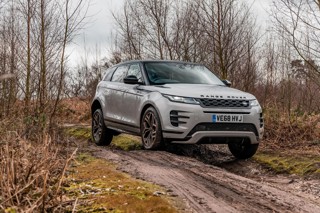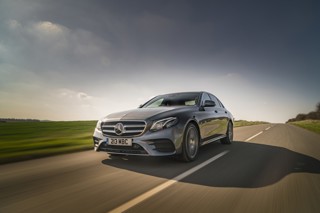Company car demand is set to spike in 2020 as lower benefit-in-kind (BIK) tax rates for plug-in vehicles will fuel fleet demand, at least temporarily, according to Harvey Perkins, director of HRUX.
In 2019/20, the rates for vehicles with CO2 emissions of 0-50 g/km are 16%, and 19% for those with emissions of 51-75g/km. However, in 2020/21 vehicles with emissions of 0-50g/km will incur a tax rate of 2-14% depending on zero emission range and those with emissions of 51-74g/km will range from 15-19%.
HRUX, which provides a range of consultancy services to businesses including on tax, believes that rates of company car tax is now “too high” so employees are opting out.
Perkins told delegates at the Institute of Car Fleet Management (ICFM) conference: “The rate of attrition of tax rates is too high and the implication is that company cars were a good deal two or three years ago, but are now a terrible deal.
“Many drivers do not know what the cost of their company car will be until they have to order a new one. They then find out what the tax is and, as a result we are seeing more people opt out.”
However, with BIK rates on zero emission cars due to reduce to 2% from 16% in 2020/21 - and those for plug-in hybrids also set to tumble - Perkins said: “Drivers will spend more money in Starbucks than in company car tax if they have a pure electric car. It is really an unbelievable deal.”
With plug-in hybrids also “attractive” from a tax viewpoint, he said: “Those with a 40-mile range will have an 8% tax rate which is one of the lowest rates in a generation. These vehicles will be the answer for drivers until 100% electric vehicles arrive in sufficient quantity.”
However, with the Government expected to suffer a decline in tax take from fuel duty as EVs increase, Perkins predicted: “We will see some form of UK-wide road charging to recoup that money if it starts to float away with the transition to electric vehicles.”






















Login to comment
Comments
No comments have been made yet.